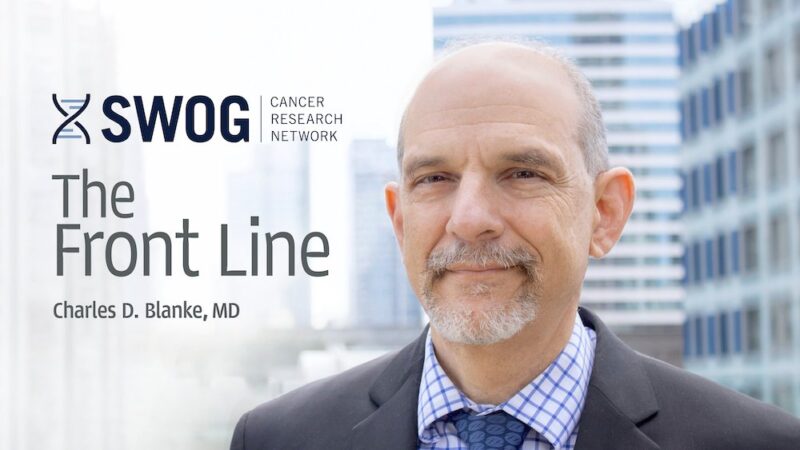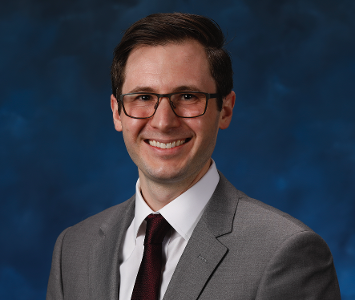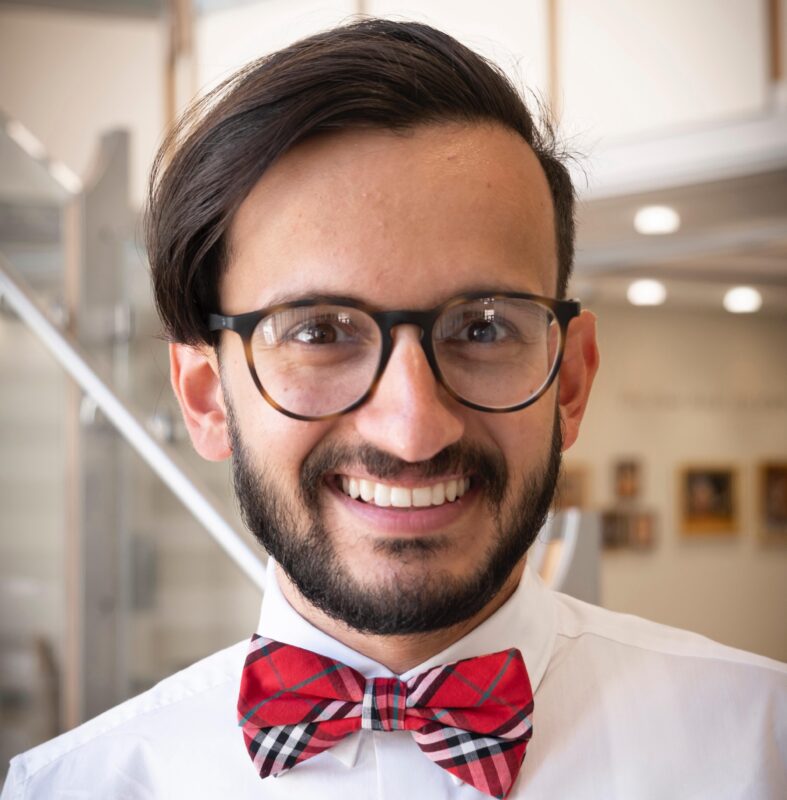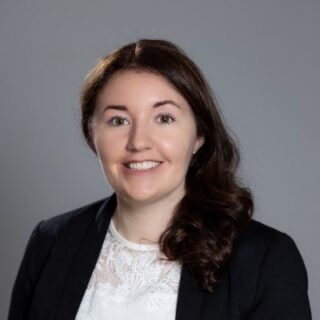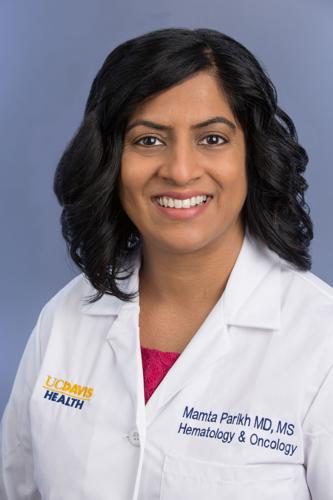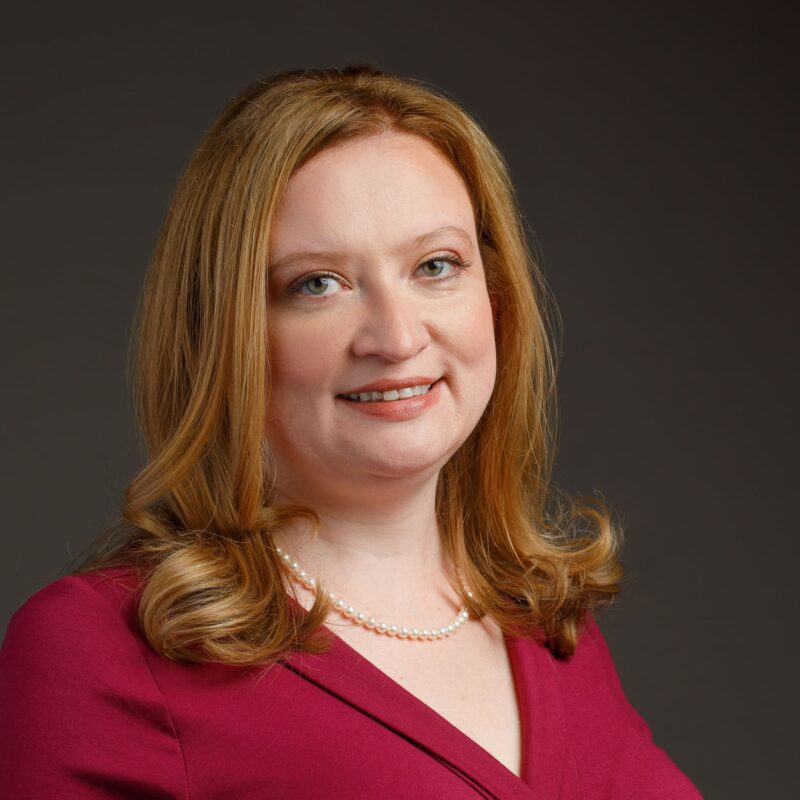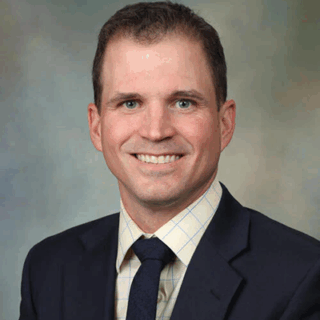This year marks a milestone for SWOG Cancer Research Network’s flagship training program. On its 25th anniversary, the Early Stage Investigator Training Course (ESITC) has officially entered a new era, reintroducing itself under a new name:
the SWOG Leadership And Project Development Course – the SWOG LeAP-D Course.
The rebranding is more than a cosmetic change. It reflects a deliberate effort to adapt to today’s increasingly complex clinical trials and the evolving landscape of cancer research. As SWOG leaders noted, the LeAP-D Course aims not only to prepare investigators to design and launch high-impact trials but also to mentor future leaders who may go on to shape committees, executive roles, and even chair the group itself.
The transition arrives at a moment of momentum. Following a pause during the pandemic in 2022, the program returned in 2023 and 2024 with renewed energy. Already, trial concepts incubated in those years are moving into activation. Among them are S2408, a palliative care study led by Dr. Jonathan Sham; S2433, a phase III trial in pancreatic adenocarcinoma designed by Dr. Rachael Safyan; and S2419 BioFront, chaired by Dr. Pedro Barata, which is expected to launch in early 2026.
Now, with the soft launch of the LeAP-D Course, attention turns to the 28th cohort of early career investigators, who will gather later this month in Seattle. Each member brings forward a trial concept with the potential to fill critical gaps in cancer research.
Incoming Class of 2025 Early Career Investigators
Why LeAP-D Matters
These ambitious proposals embody what LeAP-D stands for: ideas too large for a single institution to carry forward, and often beyond the interest of private industry, but vital for patient care and scientific progress within the NCTN framework.
Looking Ahead
As the program steps into its next quarter century, it remains grounded in the mission of building both transformative trials and transformative leaders. None of this would be possible without the enduring support of The Hope Foundation for Cancer Research, whose commitment has sustained LeAP-D (and its predecessors) as a beacon for professional development in oncology research.
You can read more about SWOG and articles related to its Cancer Research Network on Oncodaily’s website.
Written by Sergey Badalyan, MD

